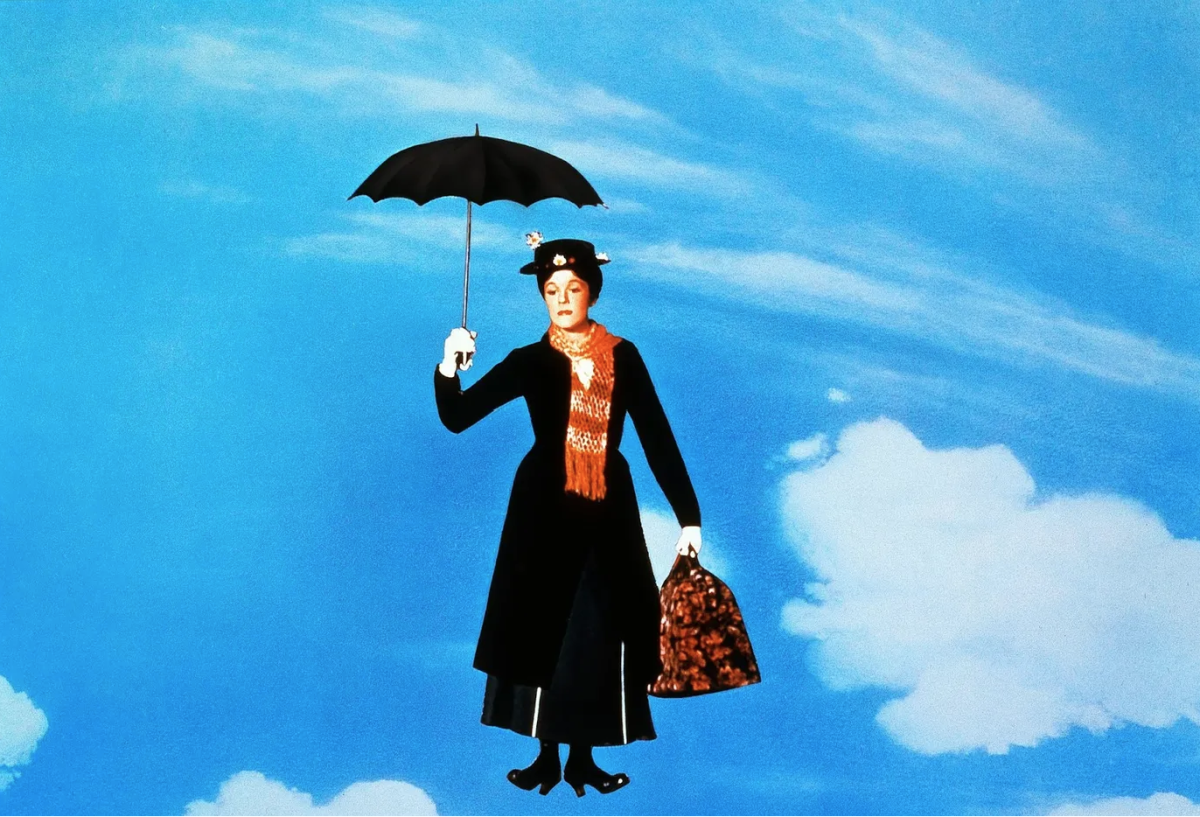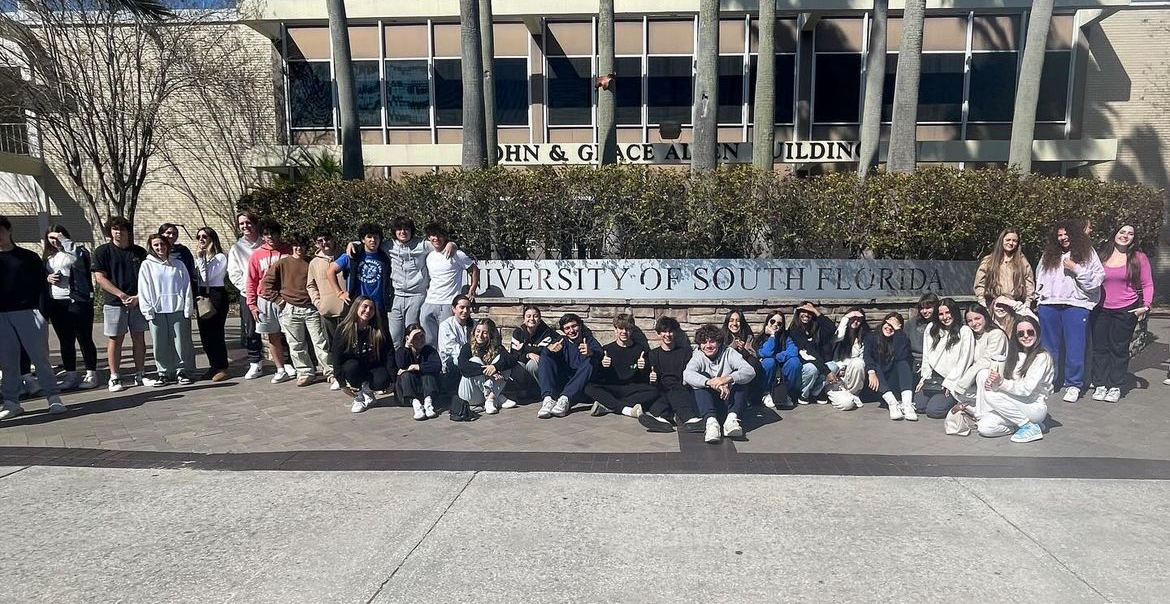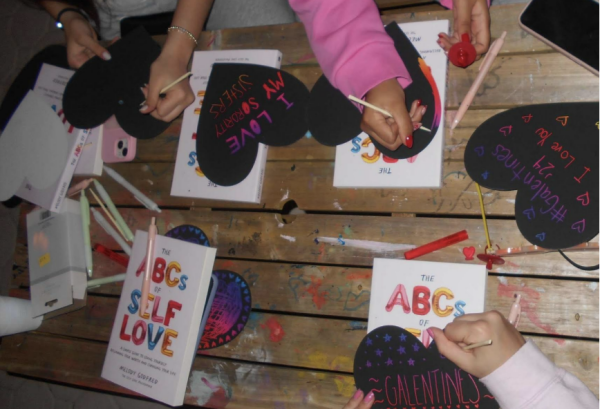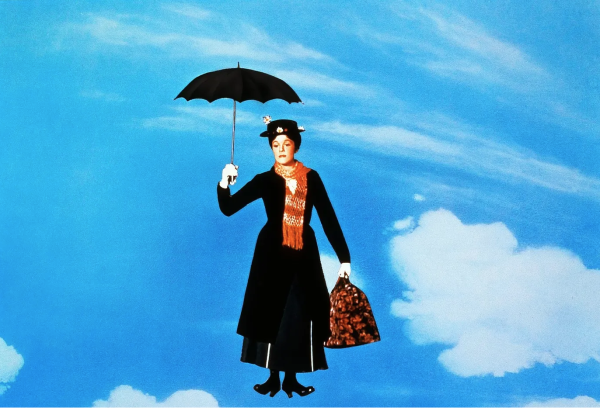Love (And Money) Is In The Air!
Buying consumer gifts and chocolates for a special someone on Valentine’s Day.
The main purpose of Valentine’s Day is to express love for someone and enjoy one another’s company. However, the day has evolved into departments and companies taking advantage of the day by turning it into profit. Valentine’s Day, also known as Saint Valentine’s Day or the Feast of Saint Valentine, is celebrated worldwide on February 14. Originally, the holiday started in the eighth century to honor a Christian martyr named Saint Valentine. Later, the occasion became associated with romance in the 14th and 15th centuries because the “love birds” mating season began on February 14.
Valentine’s Day is one of the most commercialized holidays in the world. According to Forbes, Americans spent an average of $175.41 on Valentine’s Day last year. This amount was used to buy gifts for spouses and partners, the most common being flowers, chocolates, cards, and jewelry. More specifically, Fox Business states that the brands that usually make the most of Valentine’s Day profits are the Bouqs Company (flowers), the Ferrara Candy Co. (conversation hearts), Hershey Co., Victoria’s Secret, Bath & Body Works, Hallmark Cards, and Tiffany & Co. Some of these companies have even created a buildup to Valentine’s Day starting on February 7 in hopes of boosting their profits for the year. The 7 days leading up to the holiday include Rose Day, Propose Day, Chocolate Day, Teddy Day, Promise Day, Kiss Day, and Hug Day. Some companies start advertising this special day in December and January, although most begin on February 1.
Christine Keller, one of Riviera’s biology teachers and a business owner, believes that- in a way- Valentine’s Day has lost its meaning. She says, “I think it is something that can be special, but I think it has become a fast way for businesses to make money quickly.”
Although Valentine’s Day has become money-oriented, tangible gifts are a love language for some. Sarah Otero, an AP Psychology teacher at Riviera, says, “In Psychology, we talk about how people have different needs, and if your love language is gift-giving, Valentine’s Day is probably right up your alley.”
Overall, we feel that Valentine’s Day is a commercialized holiday, but this is not necessarily bad. Expressing your love through gifts can be meaningful if you put thought into the gift. Also, the holiday has become more accessible due to consumerism. Small chocolates or festive candies are everywhere if you can’t afford a fancy gift. Otherwise, one of the best ways to show love is through a kind gesture such as a handwritten note.
Your donation will support the student journalists of Riviera Preparatory School. Your contribution will allow us to purchase equipment and cover our annual website hosting costs.

Senior Sofia Bordas is our Editor-in-Chief for the second year in a row, and has been at Riviera since sixth grade. She was in the inaugural multimedia...

































